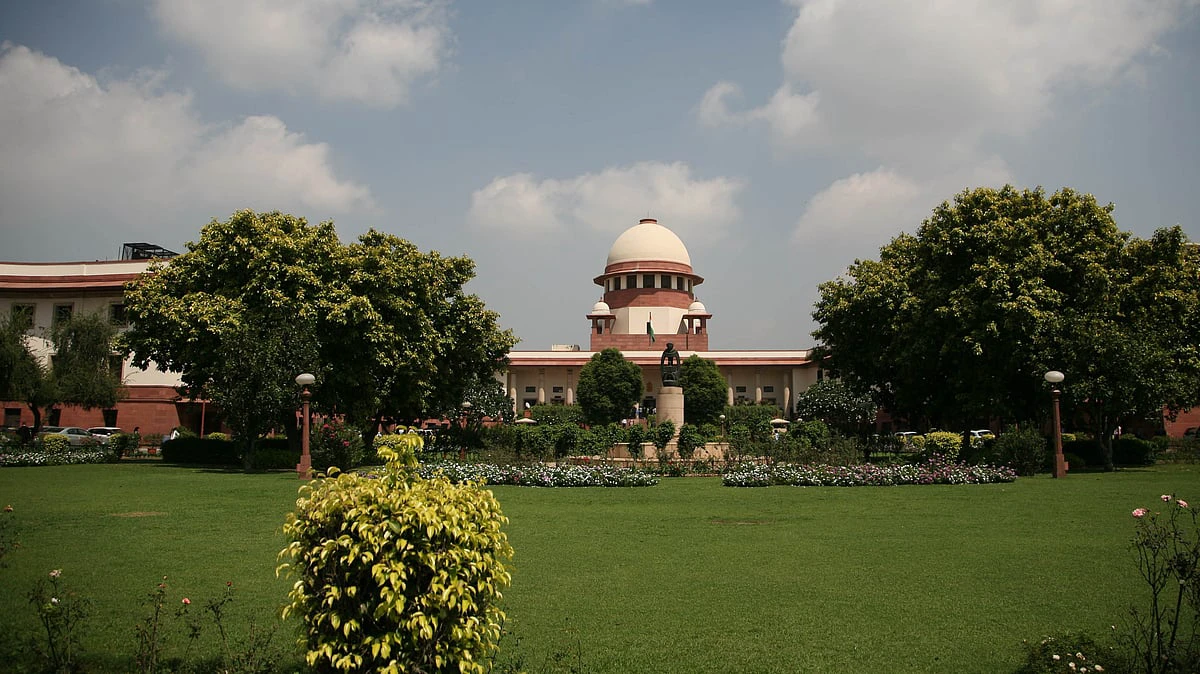The Supreme Court’s dismissal of a petition seeking to bring registered political parties under the ambit of the Sexual Harassment of Women at Workplace (Prevention, Prohibition, and Redressal) Act 2013 falls short of a full appreciation of the issues relevant to the case.
The ruling was on an appeal against a Kerala High Court judgement, which held that political parties are under no compulsion to establish Internal Complaints Committees (ICCs) under the law because there is no employee-employer relationship within parties. This is based on a literal reading of the law and misses its spirit. The Court said that making the law applicable to political parties “would open a Pandora’s box and become a tool for blackmail.”
Strangely, the Court cited this possibility as a reason for not delivering justice. There is nothing wrong with the prospect of a flurry of sexual harassment cases – if they are without basis, there are laws to deal with them. The chance of misuse of a law is no reason for not having it.
The Court said political parties are not workplaces within the definition of the law because their members are not employees. But the law is based on the Vishakha judgement, which obligates institutions to protect women from harassment, irrespective of their employment status. The Act says that it applies to a “woman of any age, whether employed or not”, who is subjected to sexual harassment.
Political parties are voluntary associations of individuals, but they have membership rules, codes of conduct, and hierarchies. There is no legally valid work contract, but there is much in the functioning of a party that makes it a workplace. Members work to further the parties’ interests; essentially, they function in a work environment. There is a power relationship in parties, similar to the power relationships in government, corporate, and other workplaces. That calls for a clear, defined, and mandatory mechanism to deal with sexual harassment.
Complaints of sexual harassment are not uncommon in political parties. It is known that they are not always handled in line with the complainants’ interests. Most parties have patriarchy entrenched in their attitudes and working. Among political parties, only the CPM has established an ICC with external members to handle complaints of sexual harassment.
A strong safety mechanism is also imperative to encourage more women to enter politics. The Court suggested that parliament could amend the law to make it applicable to political parties. However, parties are unlikely to take the recommendation forward.
